
Introduction: Meet the Ricoh FF 70
What you’ll get: A first look at why this compact 35mm film camera remains loved by beginners and enthusiasts alike.
The Ricoh FF 70 is a 35mm compact point-and-shoot camera introduced in the late 1980s. Designed for simplicity, it offered everyday reliability for families, travelers, and casual photographers. Today, it’s cherished for the same reasons: affordability and ease of use.
I still remember running my first roll of film through a point-and-shoot like this — the surprise of seeing everyday scenes captured on film was unforgettable.

Historical Background
What you’ll get: Context about where the Ricoh FF 70 sits among late-1980s cameras and why it mattered then.
During the late 1980s, compact 35mm cameras exploded in popularity. The Ricoh FF 70 was positioned as a practical mid-tier option. It balanced affordability with features like autofocus and automatic exposure. Cameras like this helped democratize analog photography — they opened doors for families to capture holidays, trips, and street life without technical training.
Imagine shopping for a holiday camera in the late '80s. The Ricoh FF 70 would have been your go-to choice for easy family snapshots.
Key Technical Characteristics
What you’ll get: A breakdown of the FF 70’s specs and what they mean in practice.
Lens and Focus
The Ricoh FF 70 features a fixed 35mm f/3.5 lens — compact, sharp enough for everyday use, and wide enough for group photos or street scenes. Its infrared autofocus is practical, and it even includes a pan-focus option for quick shots.
Exposure and Film Handling
The automatic exposure system supports DX-coded film, making film choices easier. Add to that battery-powered motorized advance and rewind, and you’ve got convenience for every roll.
Hearing the FF 70’s motor quietly whir after each shot gives a nostalgic thrill, especially when you’re the only one on a quiet street.
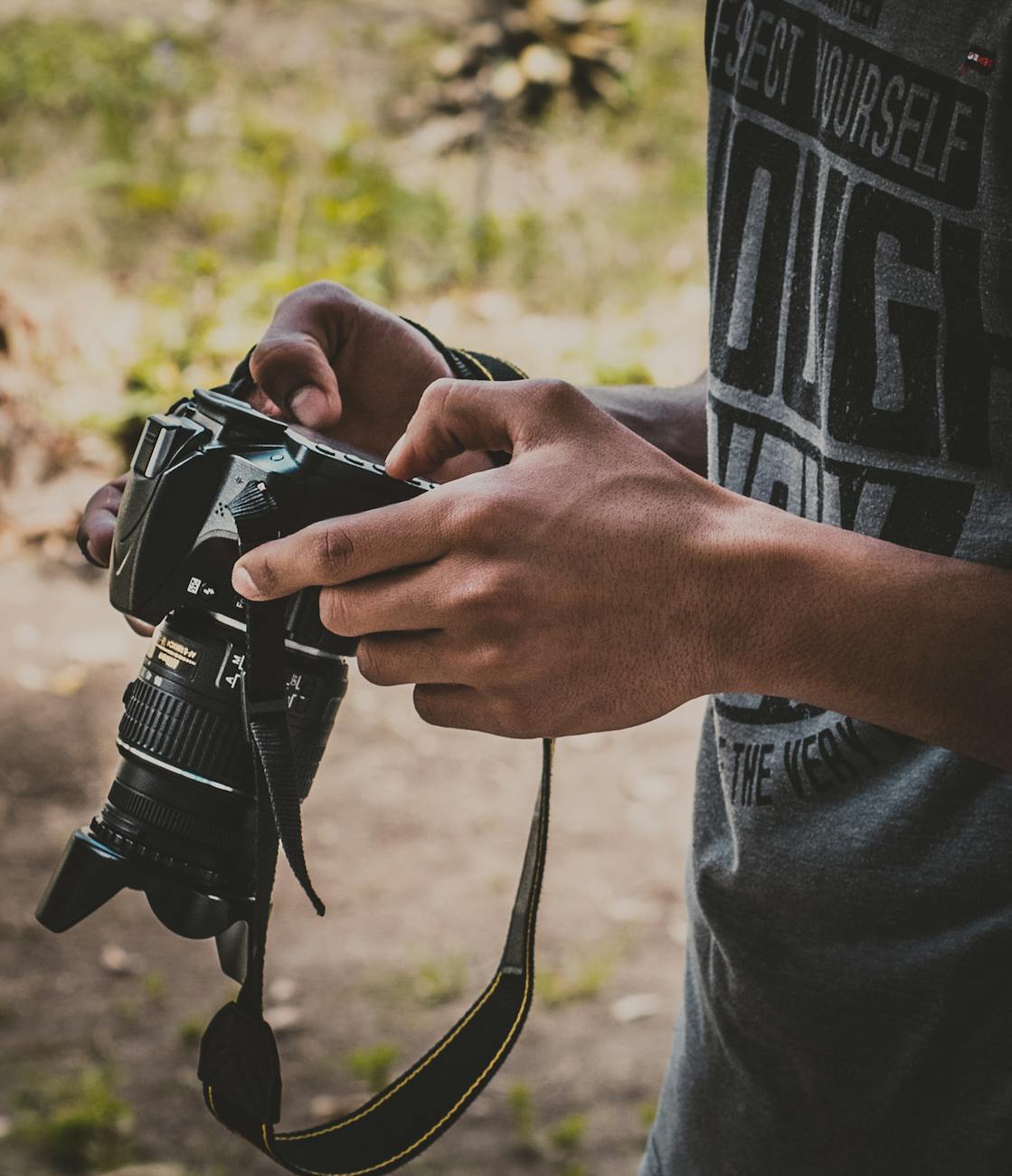
Modern Relevance and Creative Uses
What you’ll get: How to use the FF 70 in today’s creative workflows.
Everyday Carry and Street Photography
The Ricoh FF 70 is perfect for those who value spontaneity. Its pocketable body encourages capturing candid street or travel moments without fuss.
Experimental Play
Beyond traditional shooting, it’s well-suited for experimental processes like film soup or digital hybrid workflows. Shooting with the FF 70, scanning, and then sharing online ties analog heritage to modern platforms.
Walking down a cobbled alley with the FF 70, I caught a shadow play between two strangers — the kind of surprise that only film rewards.
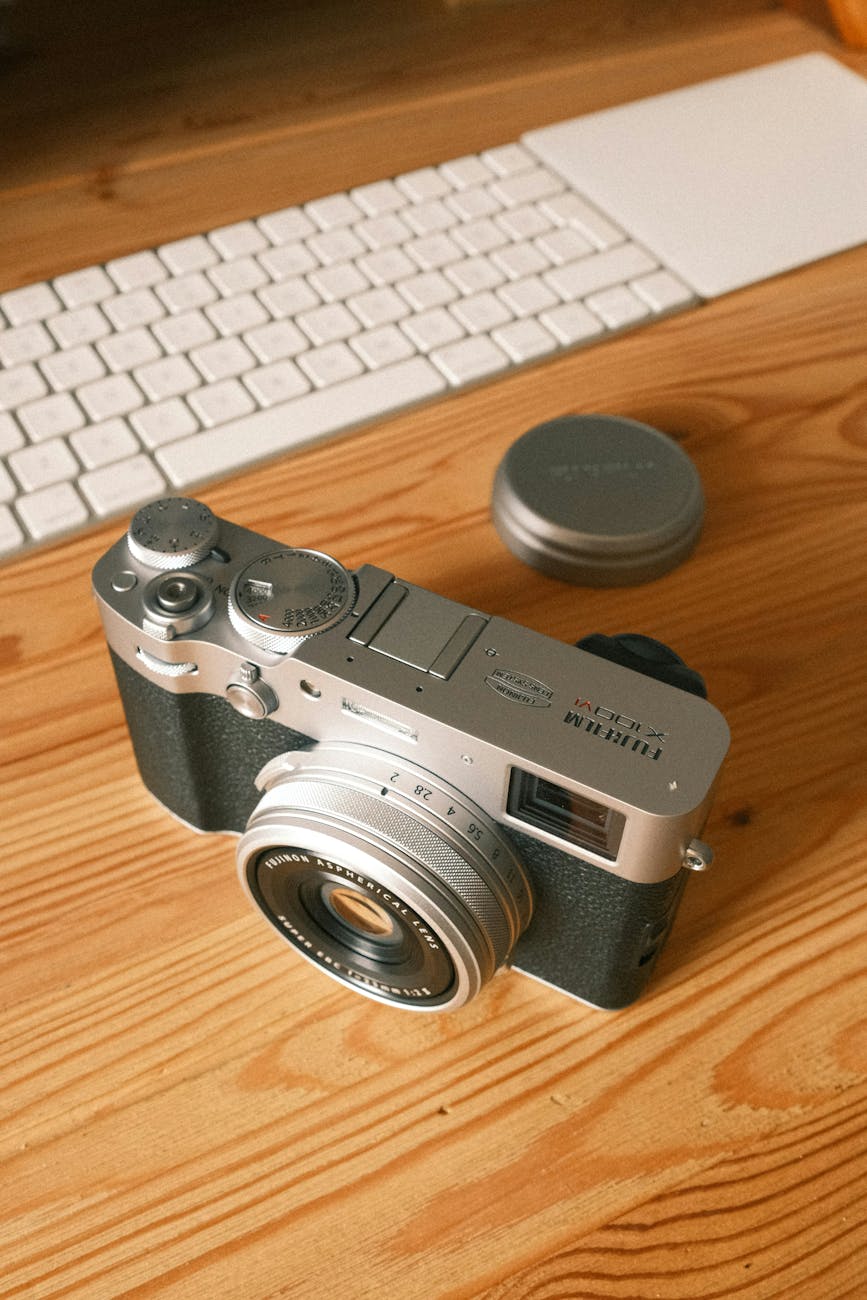
Practical Shooting Tips
What you’ll get: Actionable advice for getting the best from your Ricoh FF 70.
- ✔ Load ISO 400 film for everyday use
- ✔ Carry spare AA batteries
- ✔ Add a wrist strap for secure handling
- ✔ Leave leader marks for home development
I once shot a roll of Ilford HP5 in everyday light — the tonality transformed what would have been ordinary, flat scenes into something memorable.
Second-Hand Buying Guide
What you’ll get: Checklist of what to examine when buying a Ricoh FF 70 today.
- ✔ Test autofocus function
- ✔ Inspect lens and seals
- ✔ Examine motor sounds
- ✔ Inspect battery compartment
- ✔ Verify shutter performance
At a flea market, noticing a smooth motor whirr and clear glass on a Ricoh FF 70 would be the reassurance needed to take it home.

Conclusion: Why the Ricoh FF 70 Still Matters
What you’ll get: The final verdict on why this camera is more than nostalgia.
The Ricoh FF 70 continues to matter because it offers affordability, reliability, and creative fun. With fully automatic operation and an authentic film aesthetic, it strikes a balance between beginner ease and experimental potential.
Using a simple camera like the FF 70 feels different from today’s smartphones — the anticipation between shooting and seeing results becomes part of the joy.
Quick decision
- Beginner-friendly with full auto functions
- Runs on easily available AA batteries
- Compact and practical for everyday carry
- Affordable compared to collectible cameras
Pros
- Compact and lightweight design
- Fixed 35mm lens with reliable sharpness
- Automatic exposure and simple operation
- Works with standard AA batteries
Cons
- Limited manual control for advanced users
- Plastic body feels basic compared to premium compacts
- Moderate low-light performance
FAQs
Is the Ricoh FF 70 a good camera for beginners? Yes, its full auto settings, simple loading, and pocketable design make it beginner-friendly.
What batteries does the Ricoh FF 70 use? The Ricoh FF 70 runs on two AA batteries, making it easy to power even today.
What film works best in the Ricoh FF 70? ISO 400 films like Kodak Ultramax or Ilford HP5 for general use; Portra 400 for high-quality results.
What should I check before buying a Ricoh FF 70 second-hand? Check autofocus, motor sounds, lens condition, light seals, shutter response, and battery compartment.
Browse our collection of trusted point-and-shoot film cameras and start your journey into analog photography today.




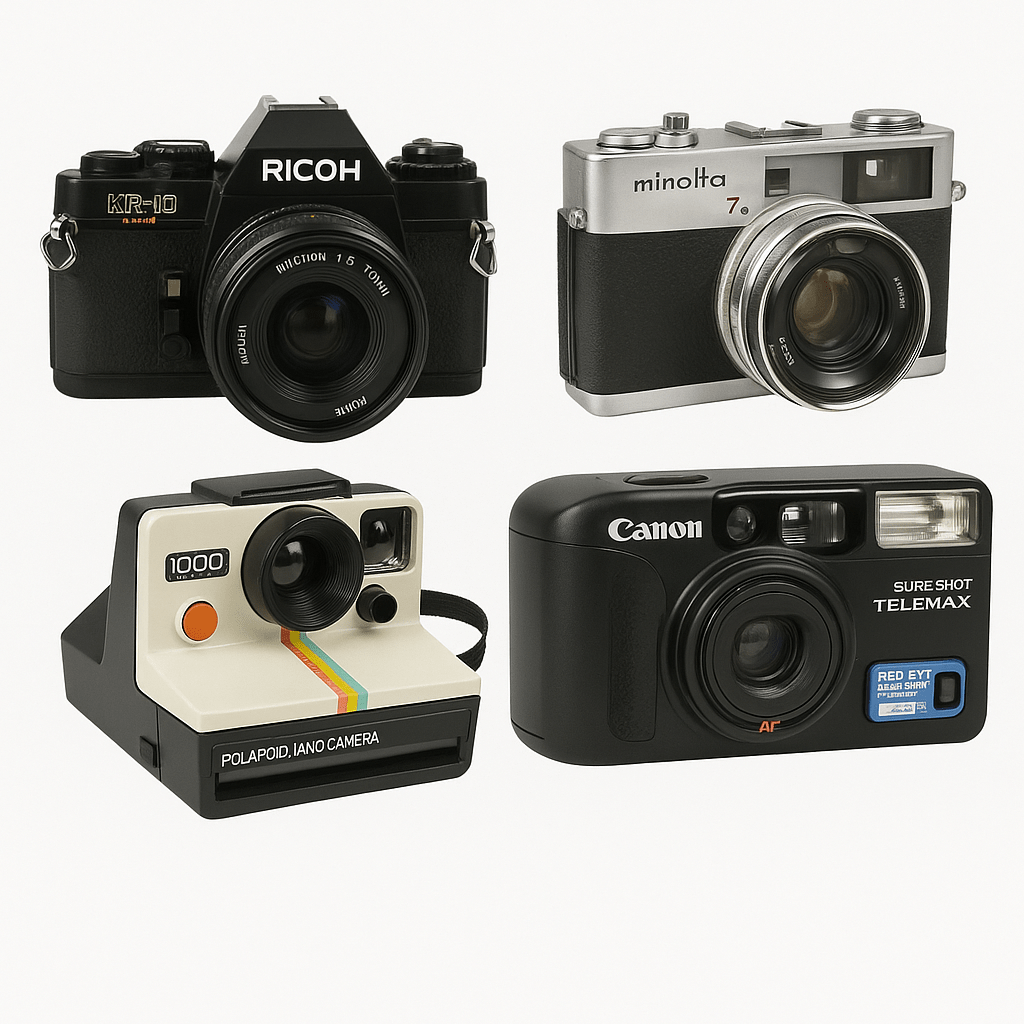
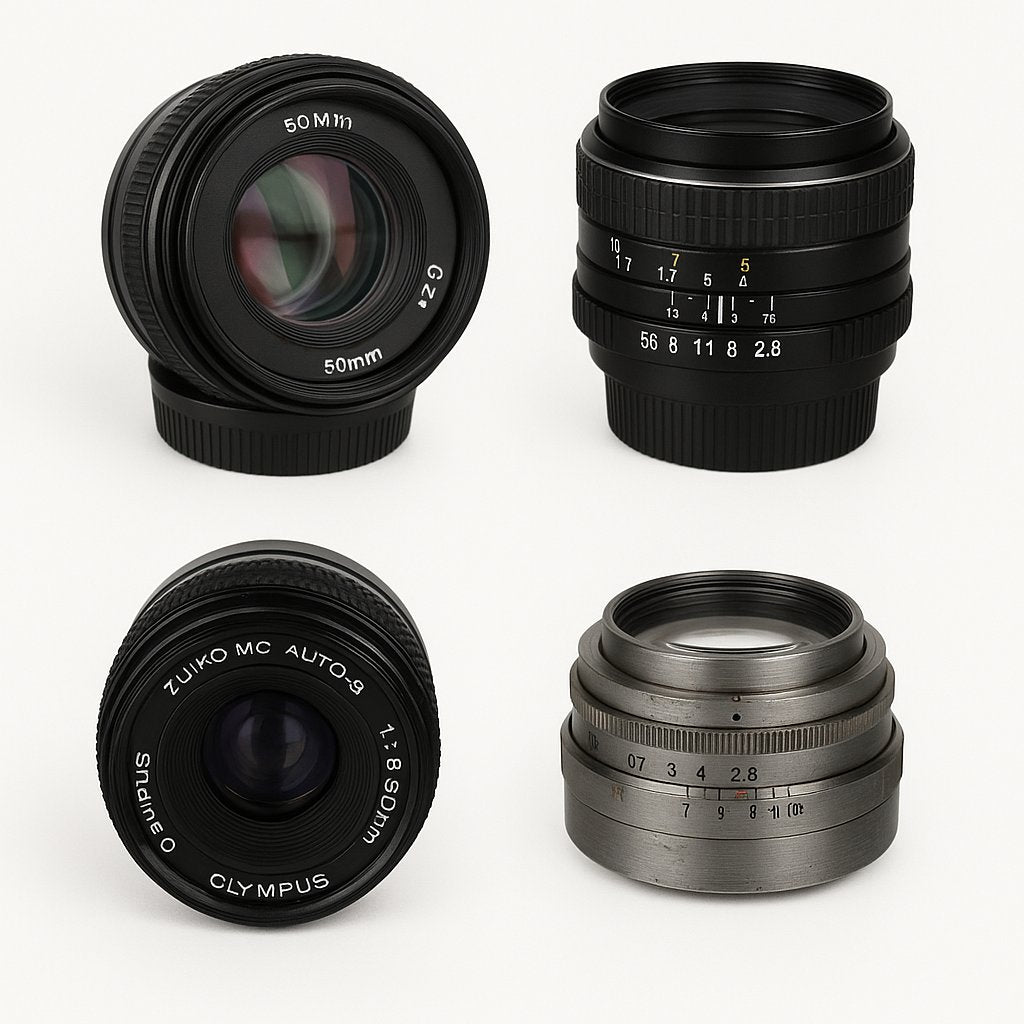
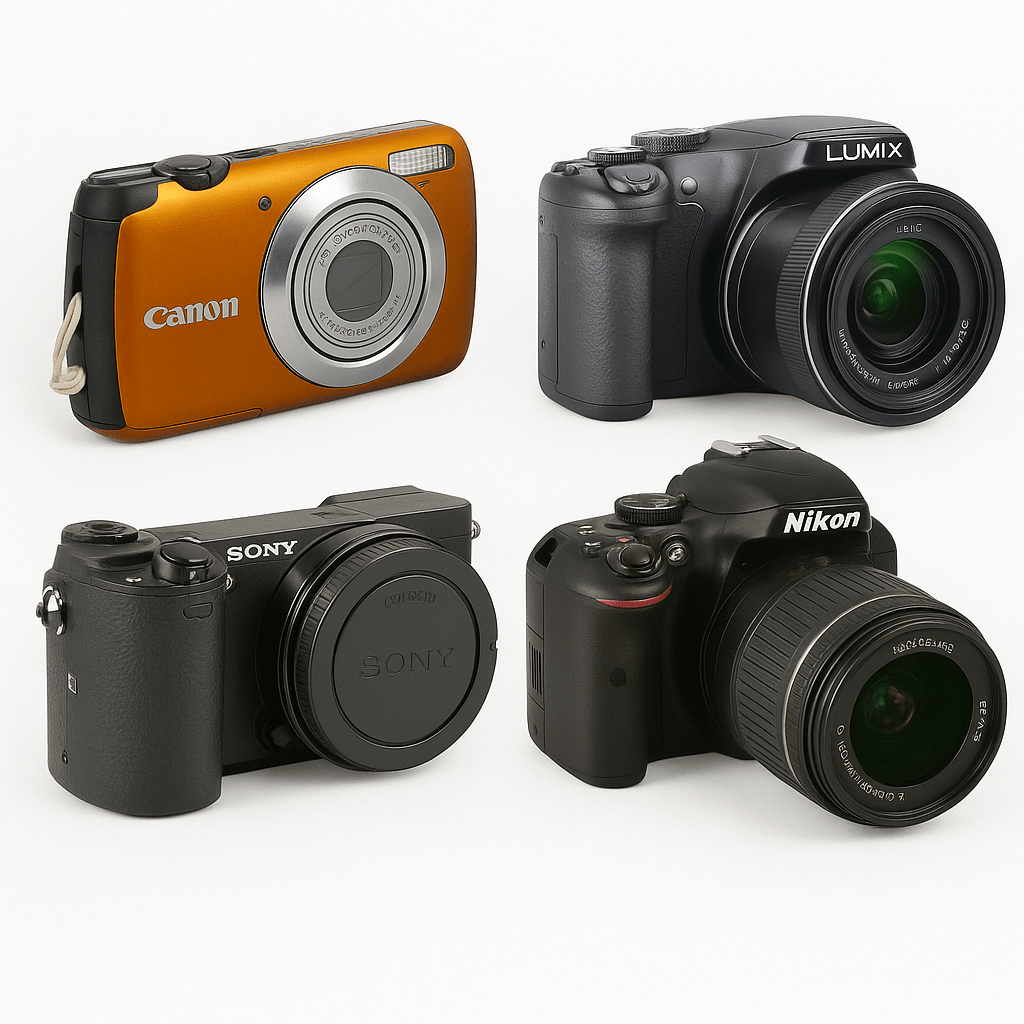
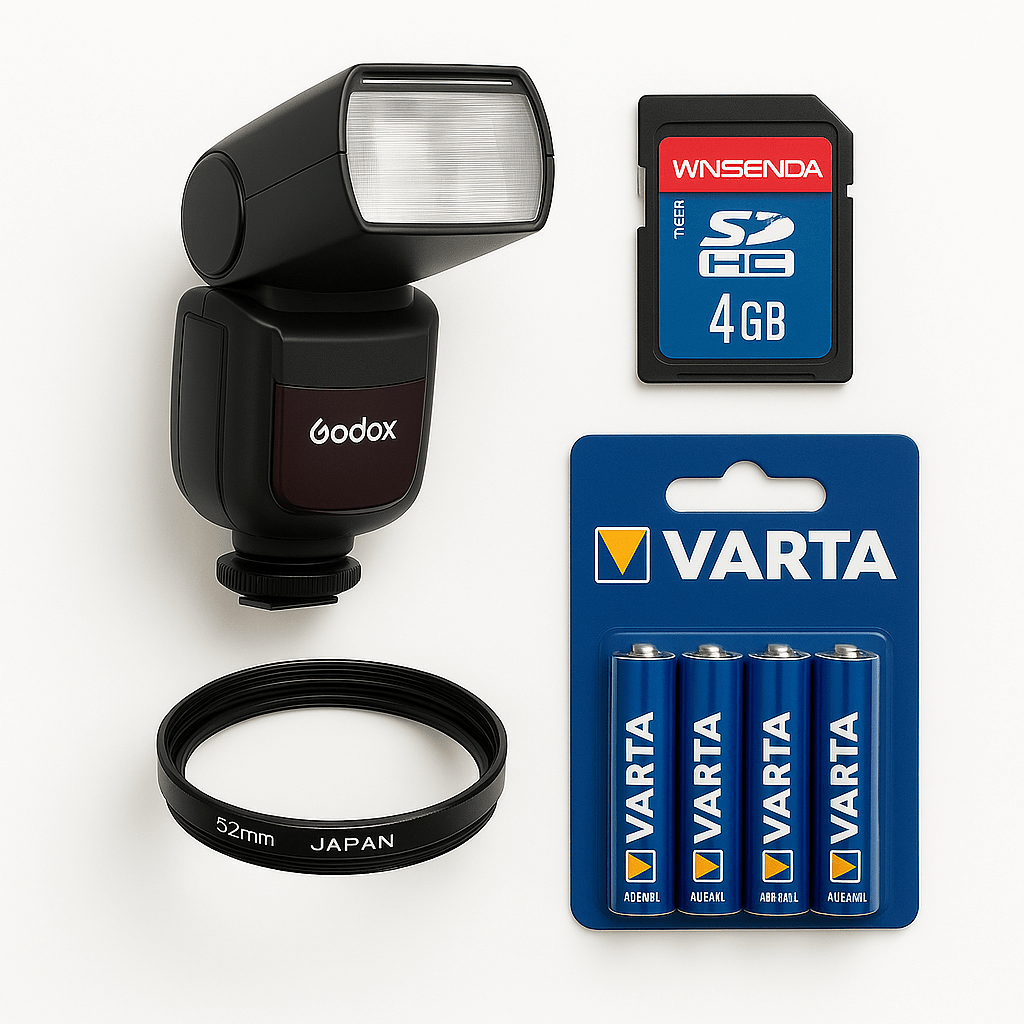
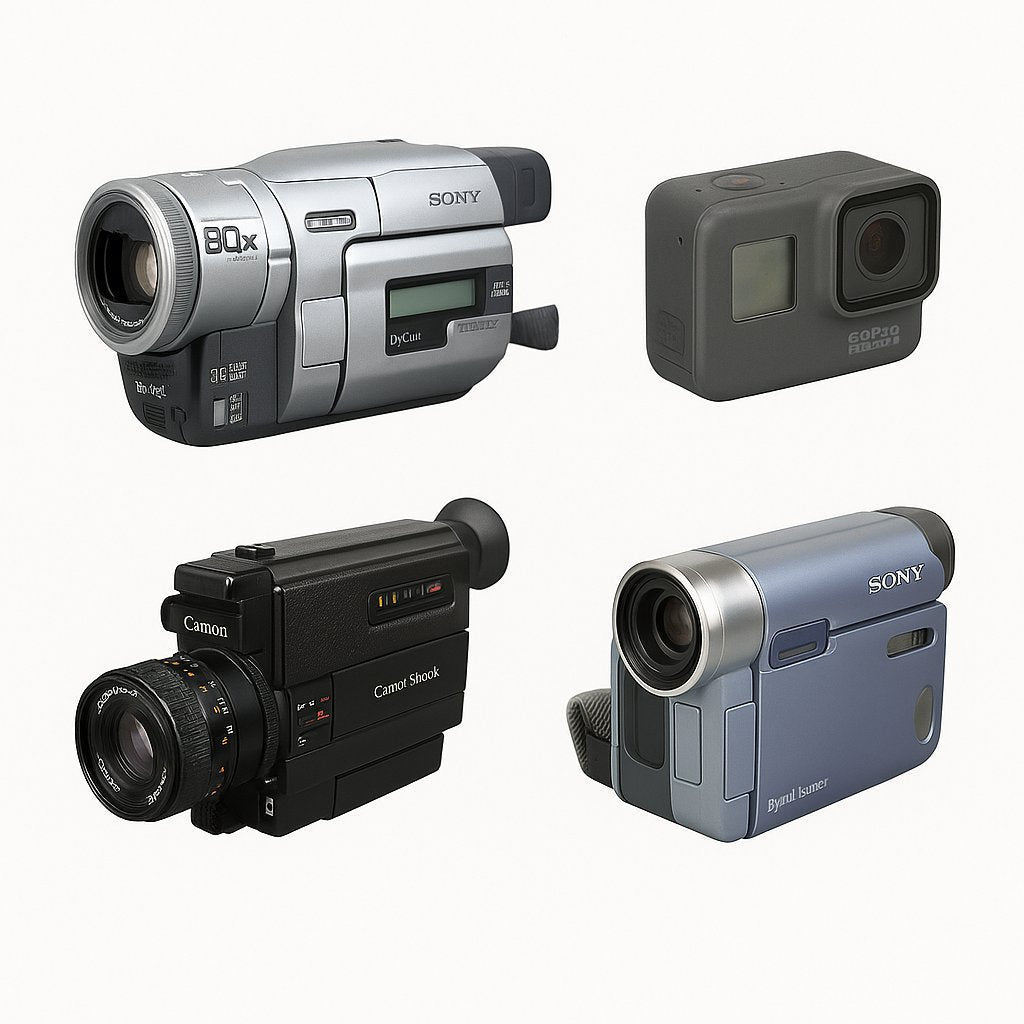
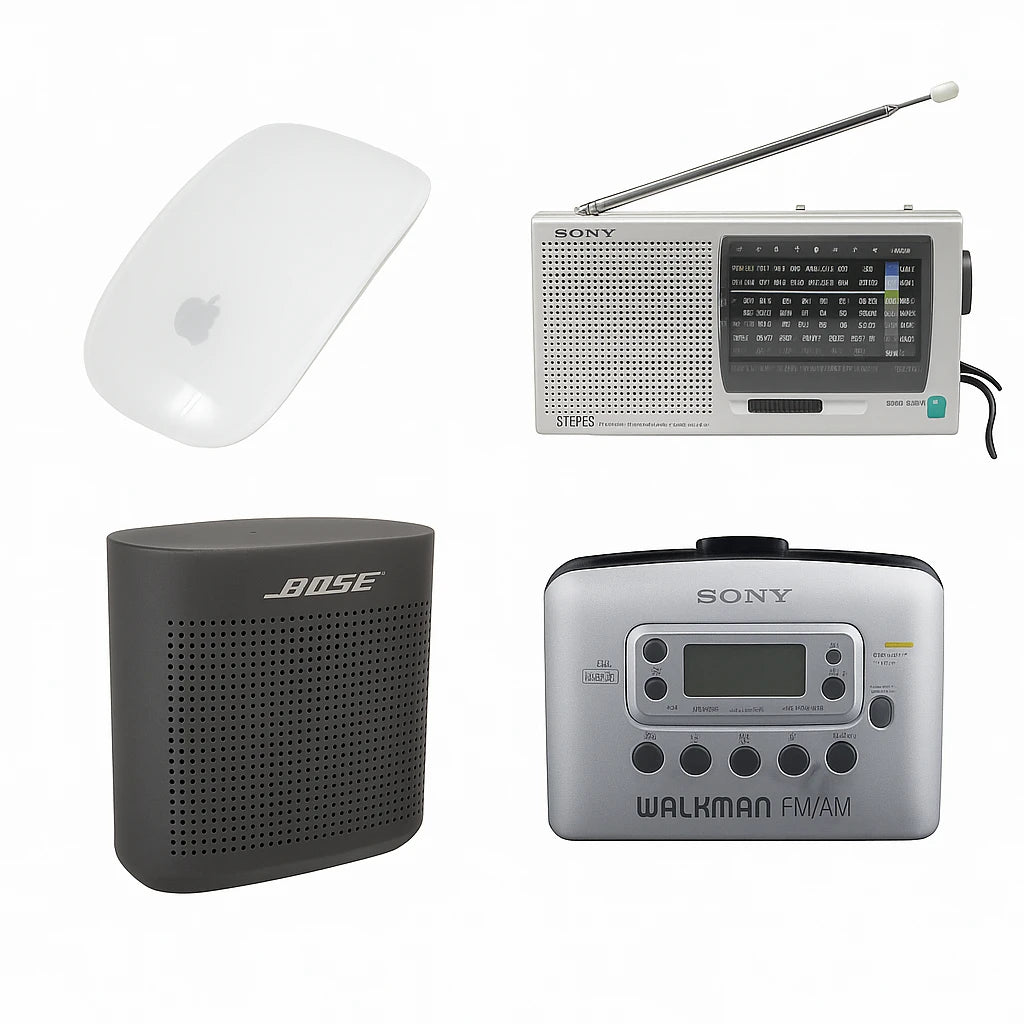
0 comments